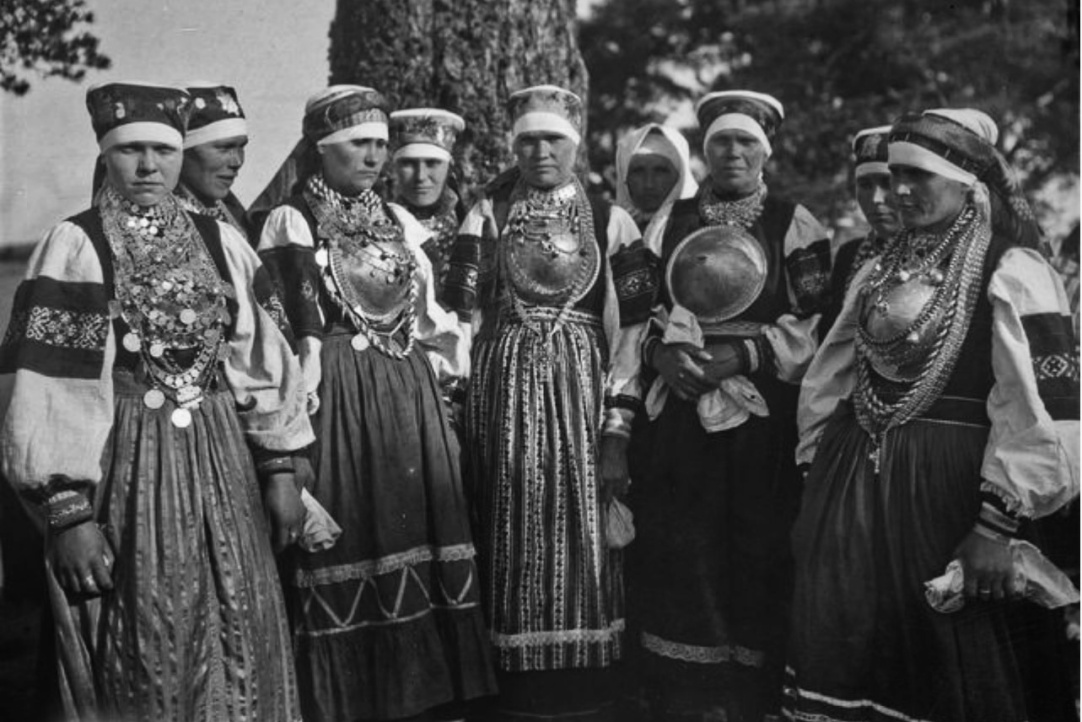
‘Where History Is’: An Events Listing for Living History
Crafts master classes, fencing sessions, and folk singing lessons—discover these and much more on the Where History Is website created by Maria Ukolova, Project Head of the Youth Policy Laboratory at HSE University. Maria spoke to the HSE News Service about the new project.
.jpg)
‘We Need Our Own AI Models Trained on Local Data’
The digitalisation of the economy and the rapid development of artificial intelligence (AI) technologies pose new challenges for antitrust authorities worldwide. Major players in the AI market, equipped with significant resources, can block new entrants and set anti-competitive prices. Additionally, the use of AI raises increasingly complex ethical questions for which the global community has yet to develop answers. These and other issues were discussed at the Third BRICS+ Digital Competition Forum.

Virtual Mozart, Venture Capital Bot, and Educational Video Generation: How AI is Used at HSE University
In mid-November, HSE University hosted a meetup where faculty, researchers, and administrators presented their projects and shared experiences with using AI technologies in education and research. The meeting was part of the continuing professional development programme 'Artificial Intelligence in Education and Research.'

Ancient Egyptians Were Less Afraid of Death Than Commonly Believed
Ekaterina Alexandrova, Academic Supervisor of the Egyptology programme at HSE University, has studied the funerary practices of ancient Egyptians based on religious texts and the works of Egyptologists from the 19th, 20th, and 21st centuries. Traditionally, it was believed that Egyptian religion was built solely on the fear of death. However, an analysis of texts reveals that ancient Egyptian beliefs were not merely reflections of a fear of death, but a complex system aimed at preserving order and stability both in life and the afterlife. The study has been published in the journal Shagi/Steps.

Find Work with Help from an Algorithm: HSE Introduces ‘Jobs and Skills Navigator’
Researchers from HSE University have introduced a new tool to assist in building career paths and navigating today’s job market—the Jobs and Skills Navigator. This service algorithmically ranks available vacancies and the corresponding professional skills in the context of current labour market requirements. It aims to simplify the identification of competencies needed for mastering a new profession and streamline interactions between employers and job seekers.
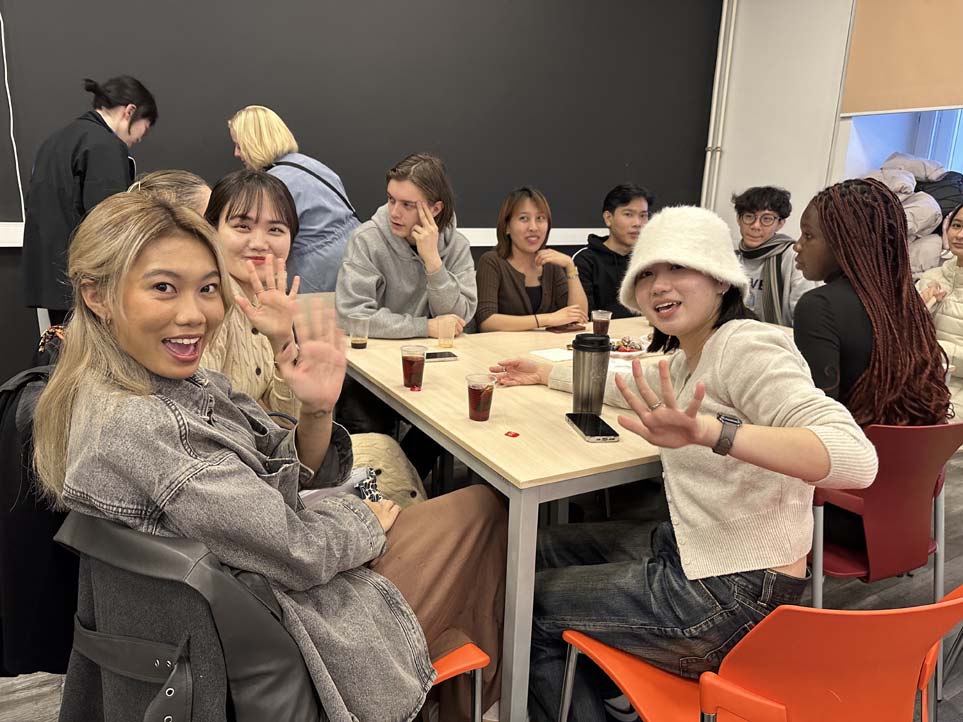
‘I Will Soon Build the Confidence to Express Myself Well’
Learning Russian is one of the challenges international students face when they come to Russia. HSE University helps them not only with Russian classes, but with informal events such as the Russian Speaking Club, where they can absorb the language in a relaxed and non-competitive setting. The HSE News Service talked to the organisers and participants of the club about their impressions of the first meeting and plans for the future.
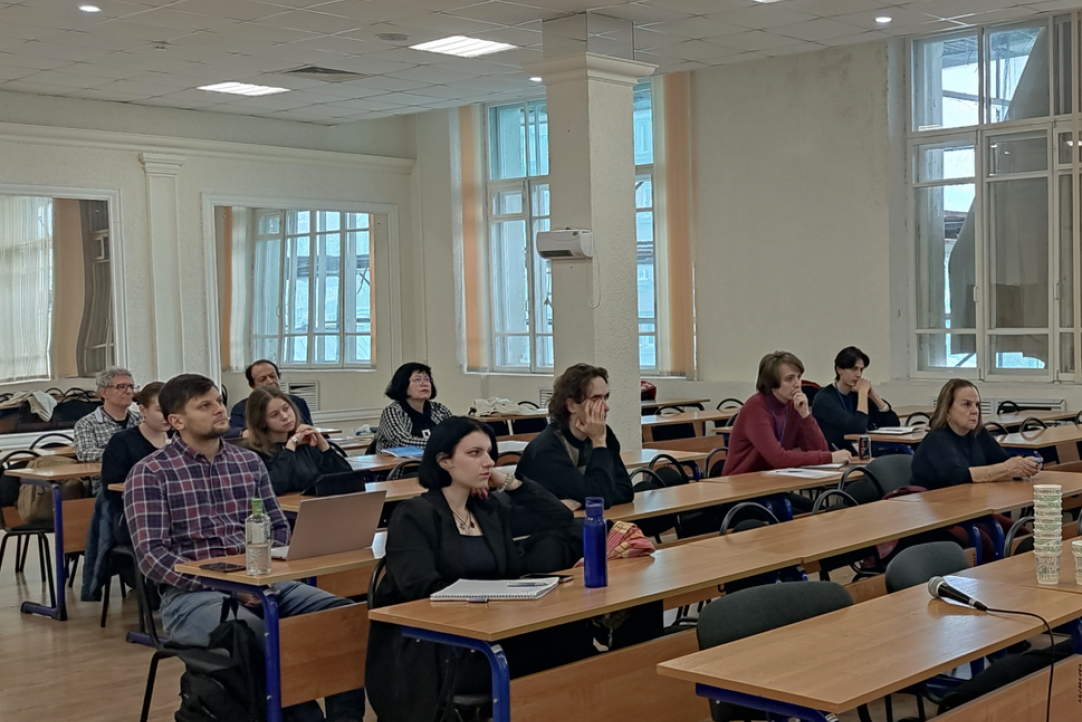
Bringing Maths and Philosophy Together: Russian-Brazilian Project Explores Logical Pluralism
In late October and early November, HSE University hosted the Autumn School on ‘Logic and Formal Philosophy’ and a conference on logical pluralism as part of a collaborative project uniting Russian and Brazilian philosopher-logicians and mathematician-logicians. The project’s leaders and participants, Elena Dragalina-Chernaya, Itala Loffredo D'Ottaviano, Marcelo Esteban Coniglio, and Evandro Luis Gomes, shared their insights about the initiative.
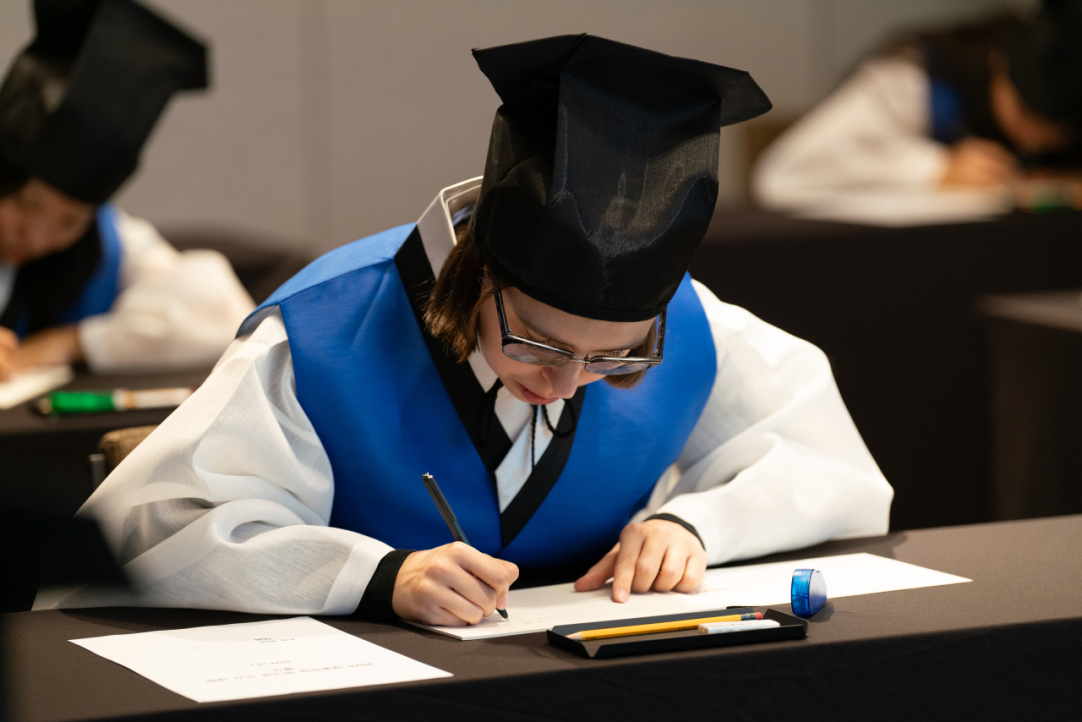
HSE University-St Petersburg Alumna Wins Prize in Korean Essay Competition
The King Sejong Institute has announced the results of its world competition of Korean-language essays. More than 200 participants competed in the final stage. Among the prize-winners was Elizaveta Grinevich, a 2023 alumna of HSE University-St Petersburg's Department of Korean Studies.
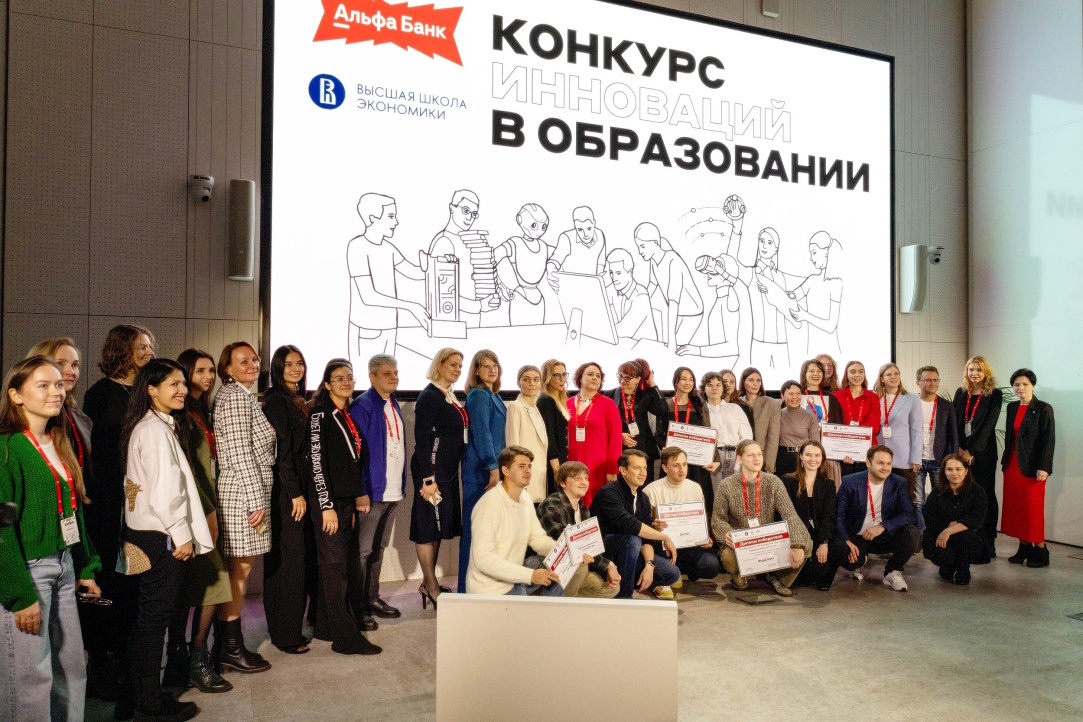
Math AI Tutor Named Education Innovation of the Year
On November 23, 2024, the final round of the Innovations in Education Contest took place, marking the 11th season of the initiative that unites innovators in education. The competition is organised by HSE University and Alfa-Bank. This year’s event was the largest in its history, with over 1,000 applications from more than 3,000 participants across all federal districts of Russia. The final showcased 12 innovative projects, with winners receiving awards, including the grand prize of 1 million roubles.
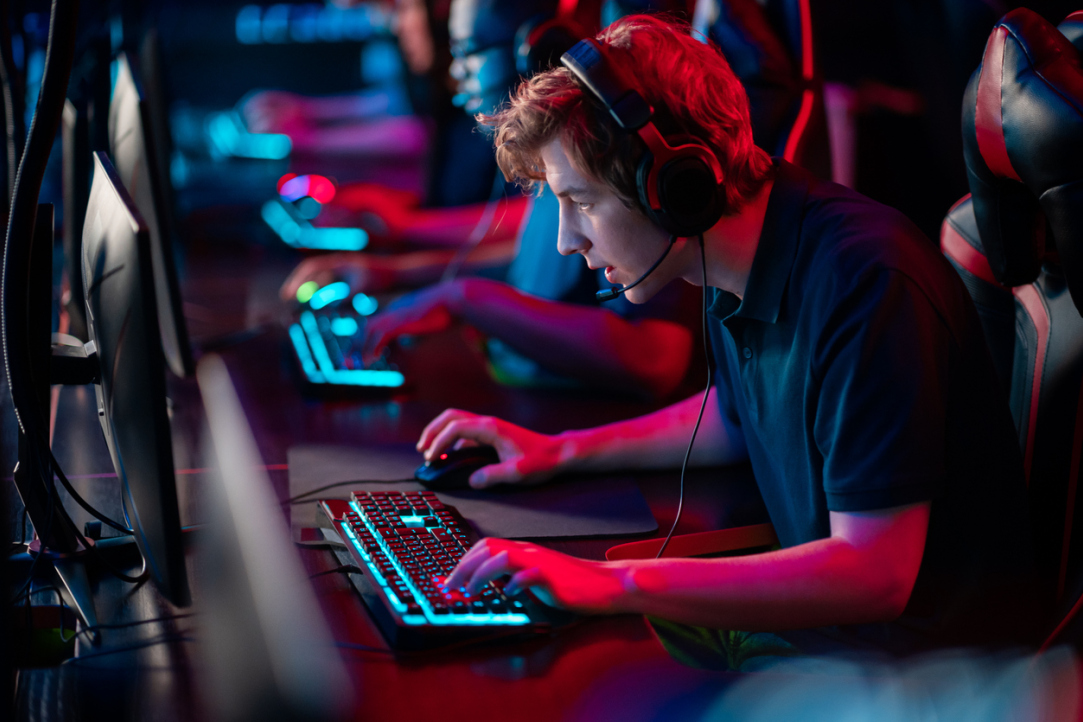
Esports Players Play Better Online
In competitions, esports players, like other athletes, face stress and show worse results due to pressure. A substantial decrease takes place in the performance of esports players during overtime. This effect, however, is significantly mitigated in online competitions compared to live events—the difference can reach 30%. A study by a team of authors from HSE University’s Moscow and Perm campuses and European University Viadrina (Germany) explores the phenomenon of choking under pressure within the context of esports. The study was published in the Journal of Economic Behavior & Organization.

